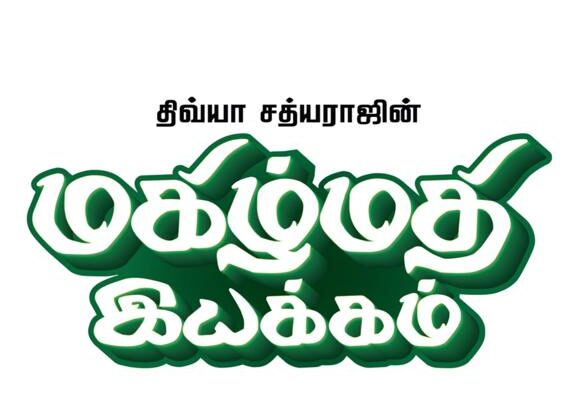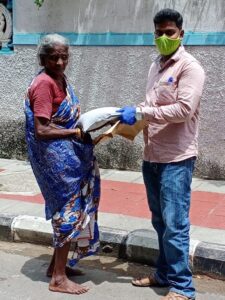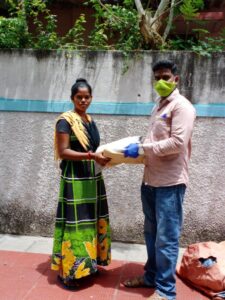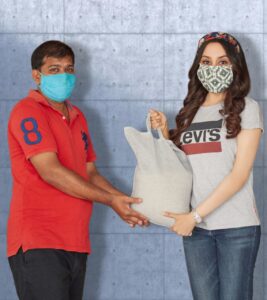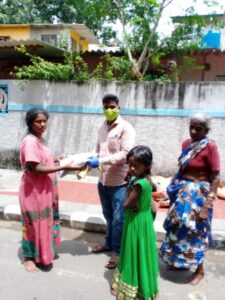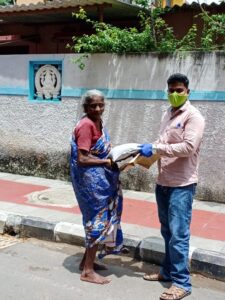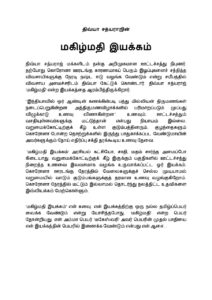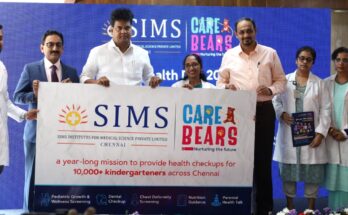Hunger is not an issue of charity but of justice. The fact that good health appears to be the privilege
CHENNAI: Hunger is not an issue of charity but of justice. The fact that good health appears to be the privilege of only those who can afford it is not acceptable,” says city-based nutritionist Divya Sathyaraj, emphasising the bigotry that exists in the dietary practices in the country. With access to good nutritious food still a far-fetched dream for many, the sought-after healthcare practitioner recently launched Mahilmadhi Iyakkam, a movement which aims to combat malnutrition among those in the lower-income groups through focused intervention. “The purpose of the movement is to identify areas in the city where access to nutritious food and awareness about its benefits are lacking.
Once the areas are identified and the community members are assessed, those in the neighbourhood who are in need, will be provided hygienic and healthy food, free of cost, based on the deficiencies,” she explains. A dream project, Divya has been working on giving shape to her ideas for over two years now. “It’s been a very organic process.To understand the ground reality, I have been working for extended hours on the field, conducting multiple nutrition assessments. From government-aided schools, hospitals to areas that are highly vulnerable, I have been focusing on different layers. Surveys have also been conducted and the findings are quite alarming,” she tells CE.
According to a recent survey by Mahilmadhi Iyakkam, in areas with a large population of those from impo veris hed backgrounds, it was projected that 38 per cent of adolescent boys and 40 per cent of adolescent girls have iron deficiency, anaemia; only 62 per cent children between the age of 12 to 23 months were vaccinated, and two out of five pregnant women are deficient in iron. “According to UNICEF India, nearly 38 per cent of Indian children are stunted.This means that owing to poor nutrition, they have not reached their potential height, and are not able to fulfil their cognitive potential. A further 21 per cent have low weight for their height.
Malnourished children have low levels of immunity. In times like these, when the immunity of a person is consid ered important to battle a deadly virus like COVID-19, it is quite daunting to think of how the ability of an unh ealthy population to fight off the effects of deadly viruses and other infections is compromised due to maln utri tion.The human body’s ability to heal can only function when provided with good nutrition,” she explains. Lack of sufficient food — not just for sustenance but also for nourishment, in the early years of a child’s life, cannot be compensated for later, she adds. With most women taking on the role of caregivers, they often put the needs of others first. This, in many ways, has created a ripple effect and become a cause of poor health in women. “Malnut rition in India stems not just from a lack of food but a lack of nutritious food. Indian women disproportionately suffer the ill effects of poor nutrition.
Every second Indian woman suffers from anaemia. Nutrition is not somet hing which is ‘one size fits all’. Food has to be altered to take care of the varied needs of people. At Mahilmadhi, we hope to focus on these needs and cat er to everyone,” she says. Over the last several years, Divya has been vocal about different simmering issues, incl uding medical negligence, food wastage, malnutrition, and has been a catalyst in enabling several fight hunger. A few years ago, she wrote to Prime Minister Narendra Modi asserting the need to protect people from medical ne gligence and malpractices in medicine. More recently, Divya appealed to the agricultural minister R Dorai kk an nu to provide farmers affected by the coronavirus pandemic with relief material and help them not spiral down into poverty.
‘As a nutritionist, I have always believed that food can heal a person. A stable agricultural sector ensures a nation of food security, which will prevent malnourishment to a large extent. The lockdown has crippled the livelihood of small farmers and disrupted the agricultural sector by staving it off buyers; there has been a sharp decline in takers for agricultural produce. A majority of the farming community do not have savings to fall back on. I requ est the minister of the agricultu ral sector of Tamil Nadu to give top priority to small farmers and compensate th eir losses with direct income support,’ she wrote, in her appeal. “Since several farmers haven’t been able to sell their produce and are in a financial slump, the kind of food and nutrition they can access along with the resou rc es they have are limited.
So, I will be soon visiting villages in and around Chennai, based on travel restrictions, and assessing the situation and providing them with the needed supplements and food,” she explains. In the past month, Divya has reached out to those in and around Nungambakkam and provided fortified rice and supplements to families that lack hea lthy food. “In August, I aim to spread the wings of the movement to areas around the city and reach 100 more fa milies. Five kilos of fortified rice will be provided to every family,” she notes. The city-based initiative will also sp read its wings to other cities in the coming months. Mahilmadhi Iyakkam is currently welcoming volunteers.
SURVEY RESULTS
38 per cent of adolescent boys and 40 per cent of adolescent girls have iron deficiency and anaemia.
Only 62 per cent children within the age of 12 to 23 months are vaccinated.
2 out of 5 pregnant women have iron deficiency.
40 to 50 per cent of children had a Vitamin C deficit.
